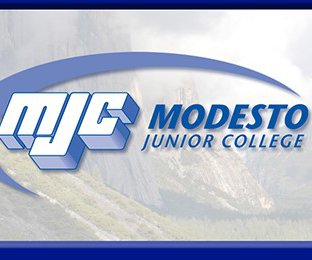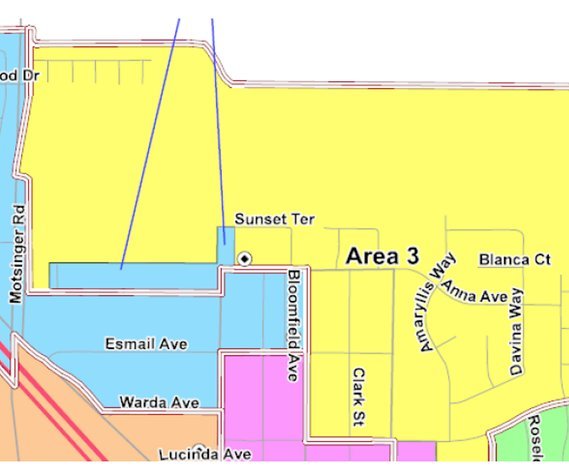There are many respected and well-paying careers that don’t
require a four-year college degree. Law enforcement. Nursing.
Career Technical Education classes provide options for students not on four-year college track




